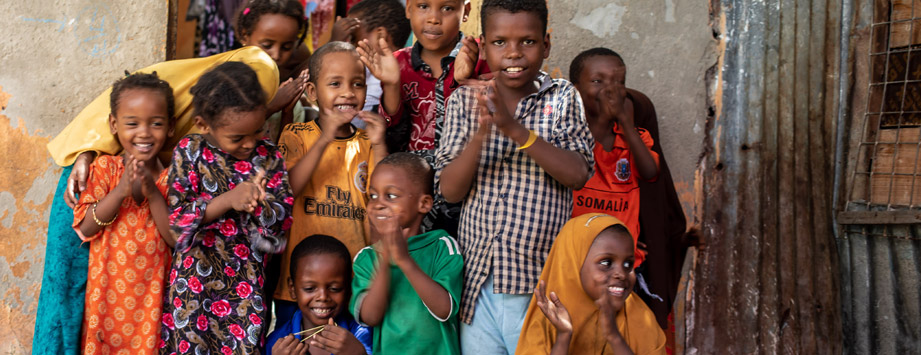Who we are
What we do
In collaboration with health authorities, we support routine childhood vaccination primarily through the following actions:
Maximize the reach of and sustained access to childhood vaccination
We support health facilities to vaccinate children younger than 1 year of age against common, preventable diseases. We team up with partners, such as the polio eradication programme, to roll out vaccination campaigns to reach children living in hard-to-reach areas. This work also includes developing and implementing district microplans for accessible regions that allow teams to search for and vaccinate every eligible child.
Monitor prevalence of diseases
We carry out surveillance of diseases such as measles, to be able to tackle any outbreaks in a timely manner and prevent further spread.capacity. We help build the capacity of staff from the health authorities at all levels and the polio teams in immunization practices and measles surveillance.
Build strong health systems
We deliver vaccines to children, which also contributes to delivering essential health services. Delivering vaccines to households establishes a point of contact between families and primary health care services at least five times during the first year of a child’s life. Thus, by improving immunization services, we also contribute to building strong health systems.
Monitor progress
We carry out monitoring and supervision activities, such as regular EPI reviews and field visits, including during immunization campaigns, to maintain high standards of service delivery. We update the EPI policy regularly to meet the needs of Somali children. We manage and analyse information, hold review meetings and disseminate updates to partners through weekly polio technical updates.



